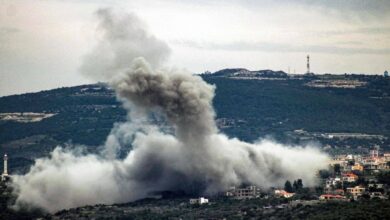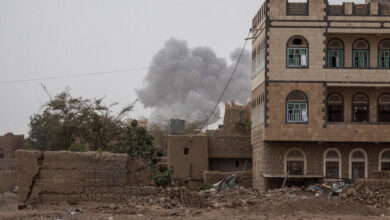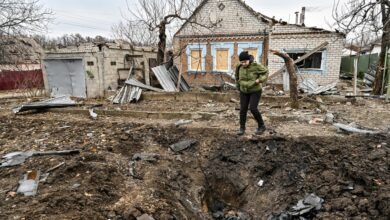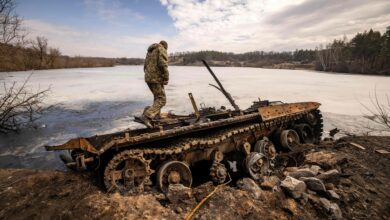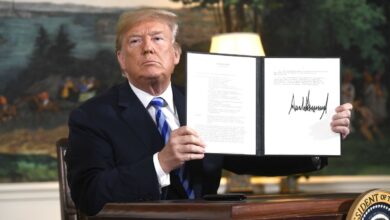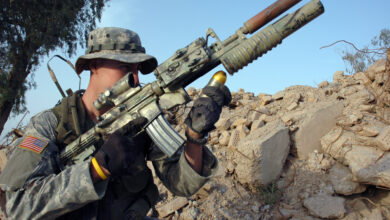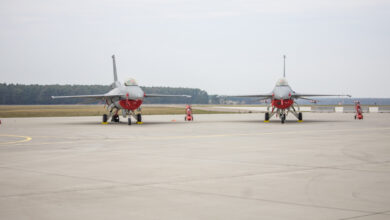S. Korea, US to Expand Anti-Submarine Drills Amid North Korea Tension
South Korean and American naval forces have discussed expanding their biennial anti-submarine warfare naval exercise amid North Korea’s growing missile threats, a US Navy official told The Korea Times.
The planned expansion of the Silent Shark joint maritime exercise is a response to Pyongyang’s evolving submarine-launched ballistic missile (SLBM) technology.
In October, North Korea disclosed it “successfully” test-fired a KN-23 SLBM from a reservoir’s underwater launch site.
According to the unnamed navy officer, the 2023 drill is expected to be well-attended, training participants in simulated settings involving Korean diesel-powered submarines and American nuclear-powered vessels.
“Issues including how to bolster interoperability were discussed. But details such as the size and the date of the exercise and which anti-submarine warfare assets will take part in it are still undecided,” the official said.
Tensions With North Korea
Pyongyang has stoked tensions across the Korean Peninsula and the South’s allied nations over the dozens of missile tests it has launched recently.
In early October, it fired an intermediate-range ballistic missile over Japan for the first time in five years, just one week after it launched two short-range ballistic missiles off the North’s east coast.
The consecutive weapons tests followed the bilateral and trilateral maritime drills between South Korea, the US, and Japan, where the nuclear-powered USS Ronald Raegan aircraft carrier provided military support.
North Korea has repeatedly condemned the west’s military deployments and joint drills in the Korean Peninsula.
“The exercises are designed to improve their capability to respond to increasing North Korean submarine threats, including its submarine-launched ballistic missiles (SLBM) at a time when it consistently poses nuclear and missile threats with a series of ballistic missile tests,” the South Korean navy said.
The US has imposed new sanctions against Pyongyang, including two Singapore-based fuel firms and one in the Marshall Islands for allegedly supporting North Korea’s weapons and military programs.



